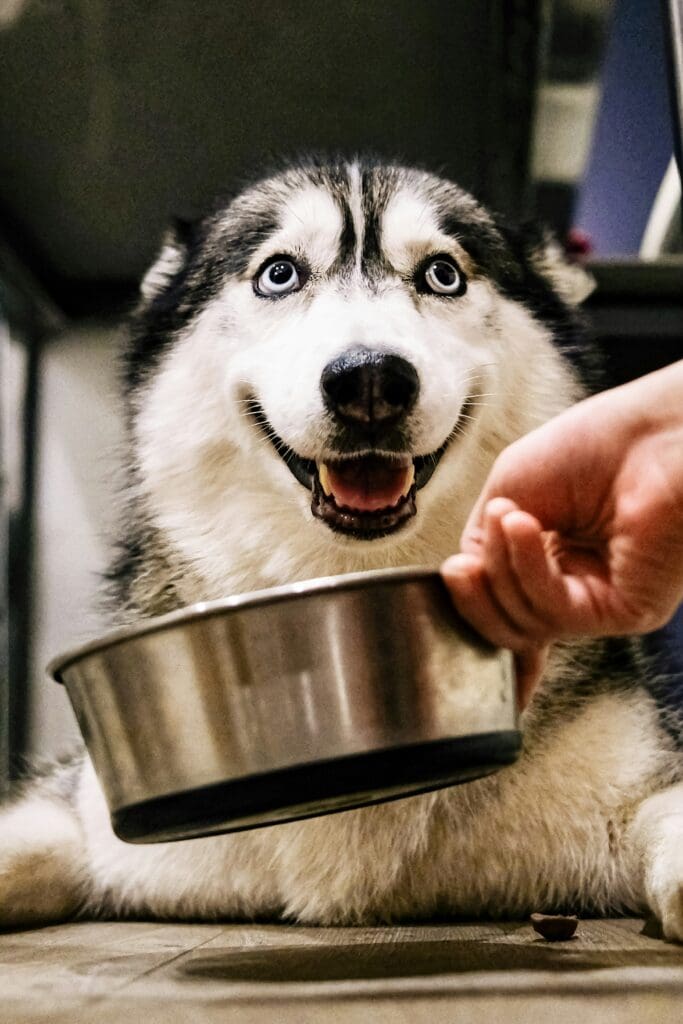Best Food for Senior Dogs
Aging is a natural part of life, and with it comes a shift in your dog’s nutritional needs. Senior dogs often face changes in metabolism, mobility, and digestion. Choosing the right food can help keep your pup comfortable, healthy, and full of life well into their golden years.
Why Senior Dogs Need Different Nutrition
As dogs age, their bodies process food differently. Their metabolism slows, meaning they require fewer calories to avoid weight gain. At the same time, they may need more protein to maintain muscle mass, more fiber for digestive health, and targeted nutrients to support joints, cognitive function, and overall vitality.
Feeding your senior dog the same food they had as a puppy or adult may no longer meet their needs. That’s why age-appropriate formulas are so important.
Key Nutrients for Senior Dogs
-
High-Quality Protein
Contrary to some old myths, senior dogs do well with protein to maintain lean muscle. Look for easily digestible proteins like chicken, fish, or lamb. -
Healthy Fats (Omega-3s)
Fatty acids from fish oil or flaxseed help reduce inflammation, ease stiff joints, and support cognitive health. -
Joint-Supporting Ingredients
Glucosamine and chondroitin are often included in senior formulas to keep joints flexible and comfortable. -
Fiber for Digestion
Fiber from ingredients like brown rice, oats, or vegetables promotes regularity and helps prevent constipation. -
Antioxidants
Nutrients like vitamin E, C, and beta-carotene help strengthen the immune system and may reduce the risk of age-related diseases. -
Lower Calories
Since many older dogs are less active, lower-calorie foods prevent unnecessary weight gain, which can stress joints and organs.
Best Types of Food for Senior Dogs
-
Dry Kibble Formulated for Seniors
These foods are balanced with the right calorie count and nutrients for older dogs. -
Wet Food for Picky Eaters
If your senior pup loses interest in kibble, wet food is easier to chew and often more appetizing. -
Fresh or Lightly Cooked Meals
Companies offering fresh dog food often create senior-specific formulas packed with nutrients and free of fillers. -
Prescription Diets
If your pup has conditions like kidney disease, arthritis, or diabetes, your vet may recommend a prescription diet tailored to their needs.
Tips for Feeding Your Senior Dog
-
Smaller, More Frequent Meals: Older dogs may benefit from two to three smaller meals a day to aid digestion.
-
Monitor Weight Closely: Obesity in seniors can worsen arthritis and shorten lifespan.
-
Keep Hydration High: Senior dogs may drink less water, so wet food or broth can help keep them hydrated.
-
Regular Vet Checkups: Always check with your veterinarian before changing your dog’s diet. They can recommend the best food for your pup’s individual health.
Final Thoughts
Feeding your senior dog the right food is one of the best ways to give them comfort, health, and joy in their golden years. With high-quality protein, healthy fats, and targeted nutrients, your aging pup can continue to thrive by your side.
After all, growing older doesn’t mean slowing down—it means enjoying life with the right support. 🐾

